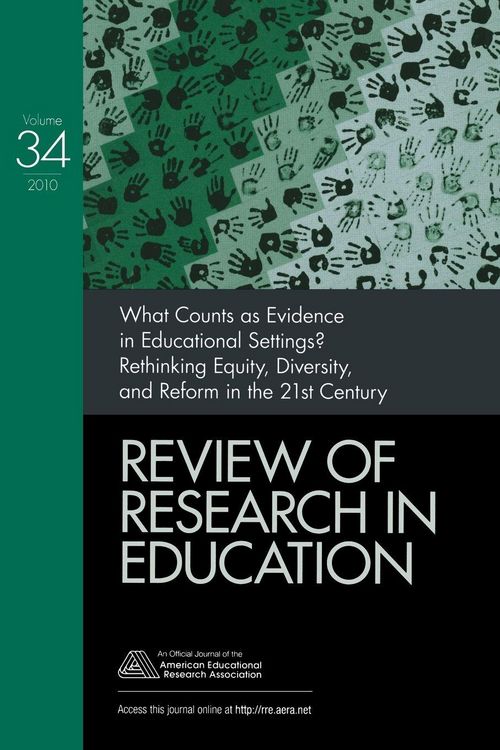What Counts as Evidence in Educational Settings? Rethinking Equity, Diversity, and Reform in the 21st Century
-
- Englisch ausgewählt
122,99 €
inkl. MwSt,
Lieferung nach Hause
Beschreibung
Details
Einband
Taschenbuch
Erscheinungsdatum
28.04.2010
Herausgeber
Luke Allan + weitereVerlag
Sage PublicationsSeitenzahl
399
Maße (L/B/H)
22,9/15,2/2,2 cm
Gewicht
570 g
Sprache
Englisch
ISBN
978-1-4129-8191-0
Unsere Kundinnen und Kunden meinen
Verfassen Sie die erste Bewertung zu diesem Artikel
Helfen Sie anderen Kund*innen durch Ihre Meinung
Kurze Frage zu unserer Seite
Vielen Dank für dein Feedback
Wir nutzen dein Feedback, um unsere Produktseiten zu verbessern. Bitte habe Verständnis, dass wir dir keine Rückmeldung geben können. Falls du Kontakt mit uns aufnehmen möchtest, kannst du dich aber gerne an unseren Kund*innenservice wenden.
zum Kundenservice
